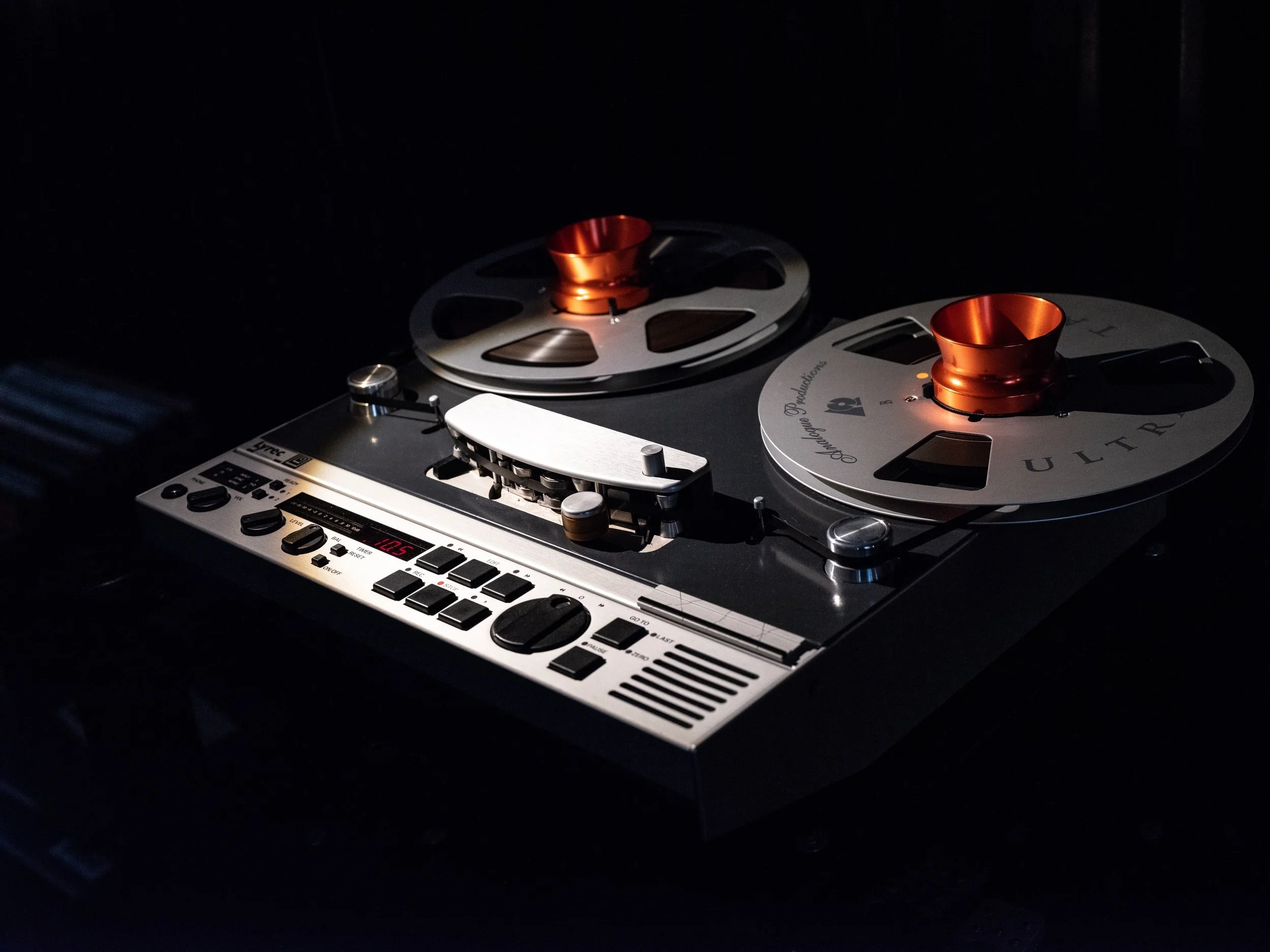
If you’ve never met a financial adviser before, it can be a little intimidating to think about what might happen. In this series, our financial adviser Jordan Vaka wants to unpack how he works, in the hopes that it helps you feel a bit more comfortable getting started.
We record our meetings with clients.
I haven’t always done it, but started a few years ago.
But, Why?
For a few reasons – it means I don’t have to frantically scribble my way through a meeting (potentially missing the really important, non-verbalised stuff in our discussion).
Actually, it’s worth emphasising this point – so much of how we communicate is not verbalised. Body language, reactions, pauses, boredom, irritation, and a thousand other elements form a crucial part of how we work in a meeting.
So by recording the verbal parts, I can better focus on everything else.
Recording our conversation also helps my team and I when we’re preparing our advice. It means that if somebody wasn’t in the meeting, we can bring them up to speed quickly. It lets us revisit and explore points that we might have missed – and these points often form a crucial part of our Advice & Service Proposal, and therefore our actual engagement.
We then have these discussions transcribed for quicker reference later.
The How
The recording process itself is fairly straightforward. I need to record what’s been said into a digital format, so that I can secure it, then save it to the file for future reference.
Being digital also makes it a lot easier for us to have the content transcribed.
With Zoom calls, it’s relatively easy – there’s a big Record button at the bottom, and it informs all on the call that the recording has begun.
For face-to-face meetings, I’ve tried a few different methods – the apps on my phone, the simple recorder, having somebody sit in via Zoom to record it – and have found that the old-school solution is the best.
I use a manual voice recorder that sits on the table during the meeting.
At the end of the meeting, we upload the file into our secure folders, save the recording into our clients specific (and secure) file, before processing the transcription.
Sometimes, it’s a little uncomfortable mentioning that we record our meetings. We talk about serious stuff in our discussions, sensitive and meaningful topics.
But because doing so makes our advice better, I believe it’s definitely the right thing to do for our clients. And that the discomfort that can come from doing so is also a way of highlighting the importance of what we’re talking about.
So that’s one method we use to make sure that the information we’re relying on when preparing your financial advice is as accurate, appropriate and relevant as possible.
In my next post, I’ll expand a little on our ‘Discovery’ process, so you can know what to expect if we start working together.

